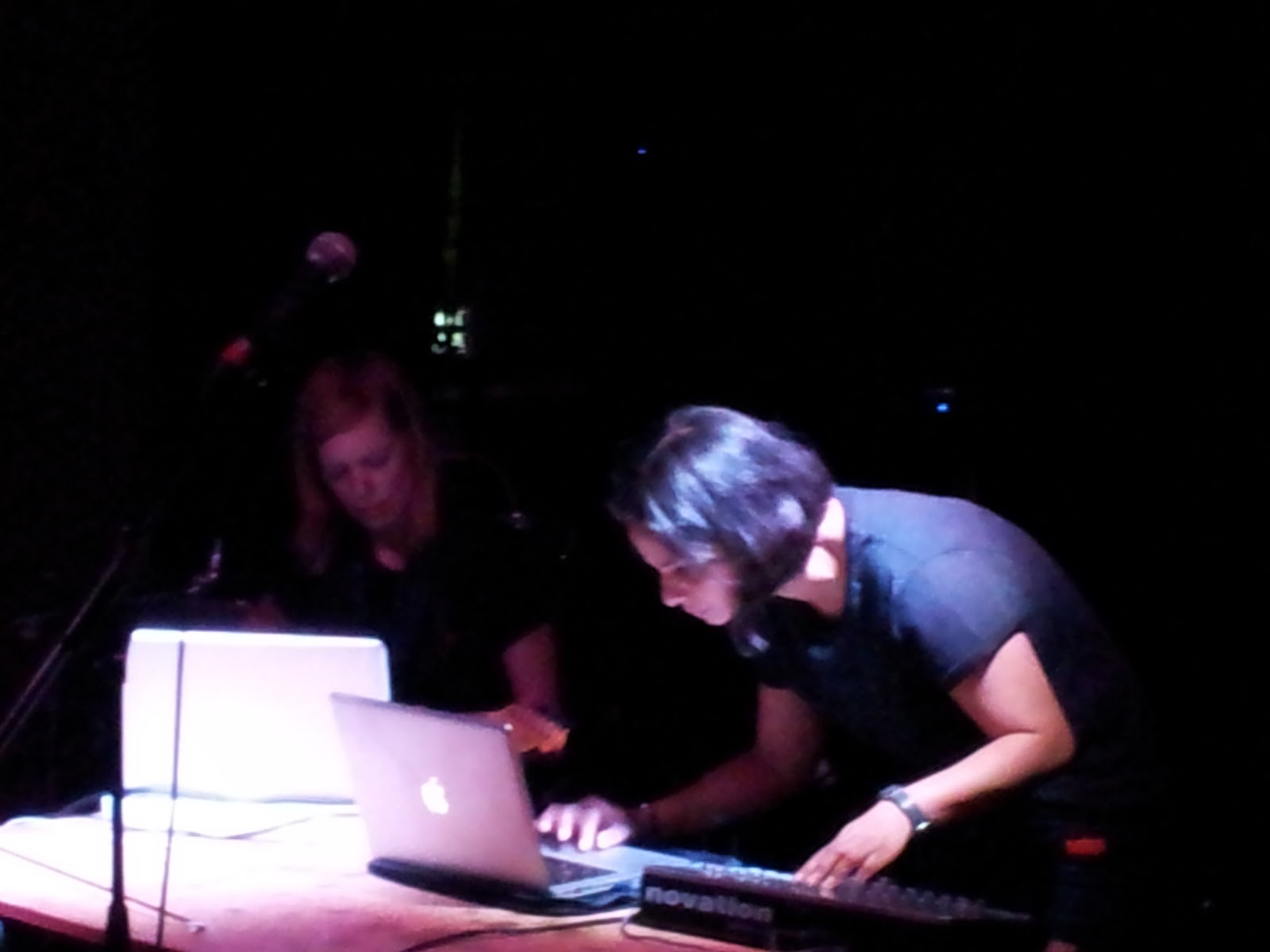I've got a dreadful feeling they won't thank me for blogging about the work together, but there was some real commonality between the intense engagement with place of Stacey's Makishi's 'And The Stars Down So Close' soundtrack and installation in Newington Green, and Vicky Ryder's memoir of growing up with hair "as straight as the Coventry canal". The voices in Stacey's travelogue through N16 are constantly referencing the language of the shops, street names, bars, gas stations that the walk passes through. This allows her to jump on from the names of buildings to the names of her inspirations and fears: Steinbeck and the nameless watchers and spies who threaten the free-dreaming and free-associating of her protagonist. This sets up an endlessly dance between the footsteps along the real Islington streets (its bricks, its film crews, it's history), between its bollards and phone-boxes (not booths!) to steps into dangerous thoughts, an acknowledgement that there is 'one thing thing more dangerous than an introverted book, that's a girl who knows how to read them'. It's almost a disappointment when we reach Newington Green and find that Stacey has cast her glittering spell across the entire space, from the Belle Epoque patisserie to the Paradise Fish Bar.
The unseen voyeurs on Stacey's walk spy 2 girls, one female, and one identity unknown; I imagine this uncertain creature is a twin of the narrator of 'Ey Up and Away' and she grows up in a place suffused with sex and gender but that doesn't give (her) any reason to take sides. Sticky hair creams, the stench of canal-water, prickly clothes, quick-as-a-flash but deep-as-bone humiliations pile up page after page with only the cut-glass vignette form to keep the reader safe.













 Jang Gyeong Kyu and the "Be Being" group were an entrancing proposition at the Purcell Room as part of the 'All Eyes on Korea' festival staged under the auspices of the 대한민국 문화원. A spectrum of strings, reeds, guitars a d percussion all contributed to a soundscape and melodic vocabulary that was never cluttered, though rasping and heavily textured, and delicately rhythmic. The discipline and restraint of the players was properly thrilling, and every element was tested and allowed to give an account of itself without being hurried on by an approaching chorus or ensemble flourish. It was a real treat to hear players asking eachother as many musical questions as they were playing 'together' in any obvious way.
Jang Gyeong Kyu and the "Be Being" group were an entrancing proposition at the Purcell Room as part of the 'All Eyes on Korea' festival staged under the auspices of the 대한민국 문화원. A spectrum of strings, reeds, guitars a d percussion all contributed to a soundscape and melodic vocabulary that was never cluttered, though rasping and heavily textured, and delicately rhythmic. The discipline and restraint of the players was properly thrilling, and every element was tested and allowed to give an account of itself without being hurried on by an approaching chorus or ensemble flourish. It was a real treat to hear players asking eachother as many musical questions as they were playing 'together' in any obvious way. 



















